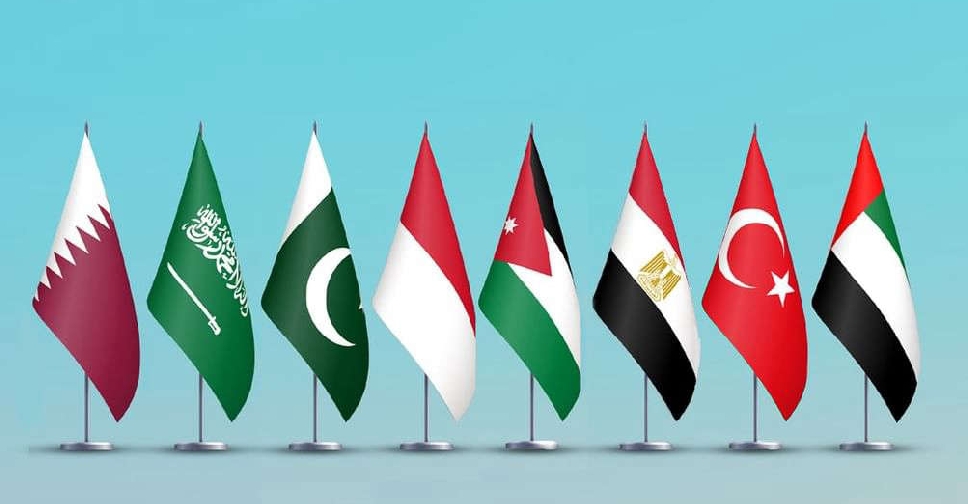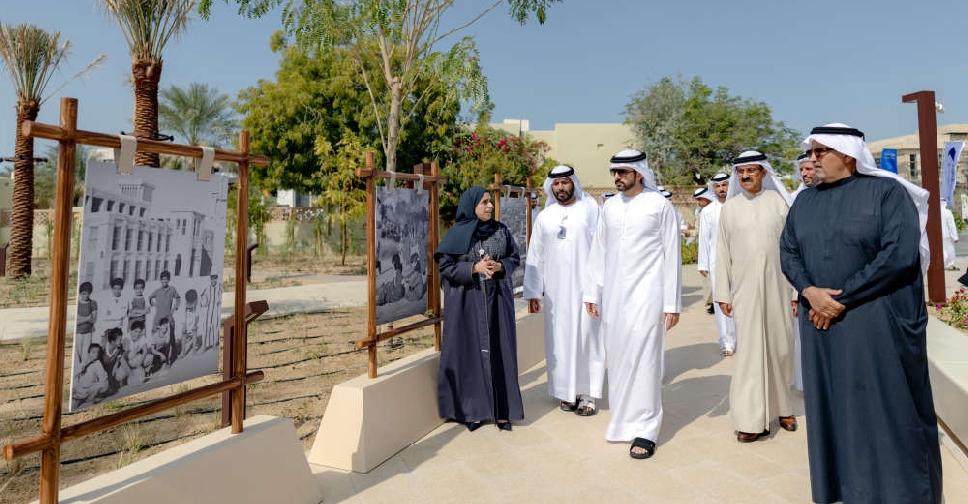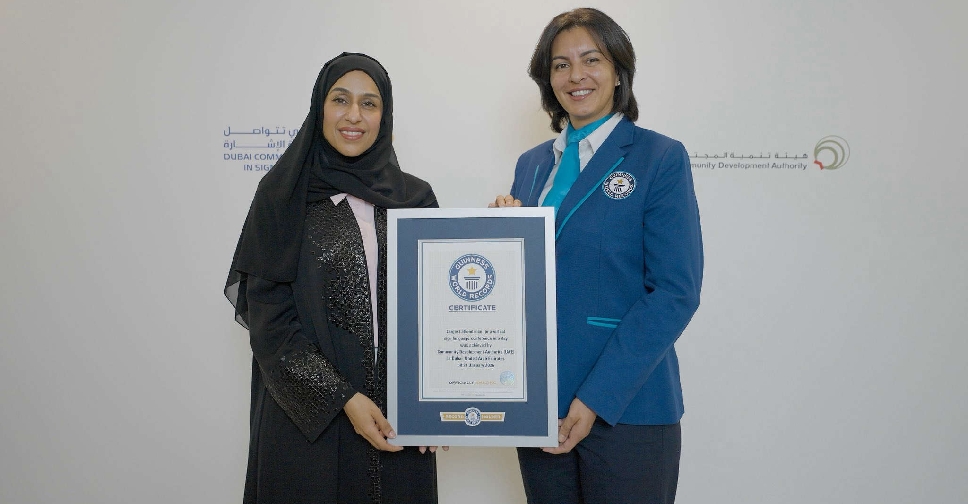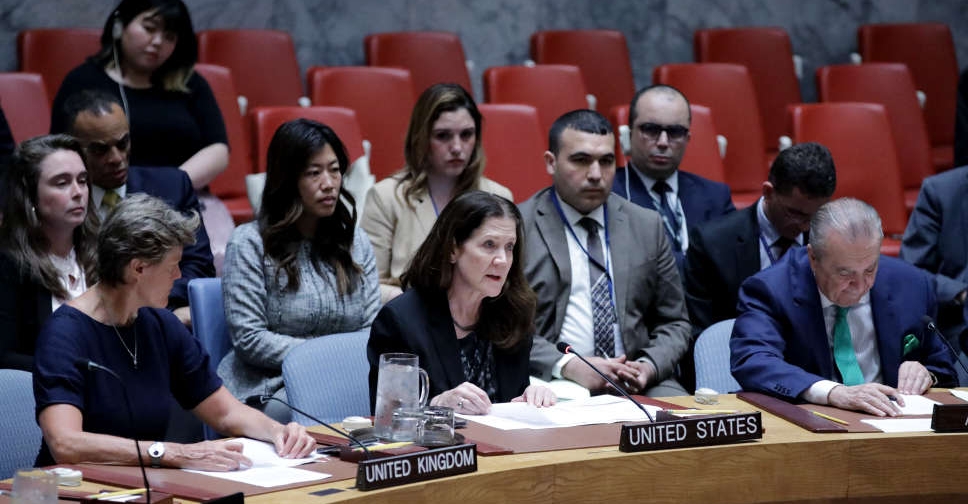
The US on Wednesday vetoed a draft UN Security Council resolution that demanded an "immediate, unconditional and permanent ceasefire" between Israel and Hamas in Gaza and unhindered aid access.
The other 14 countries on the Council voted in favour of the draft as a humanitarian crisis grips the enclave of more than 2 million people, where famine looms and aid has only trickled in since Israel lifted an 11-week blockade last month.
"The US has been clear: We would not support any measure that fails to condemn Hamas and does not call for Hamas to disarm and leave Gaza," Acting US Ambassador to the UN Dorothy Shea told the Council before the vote, arguing that it would also undermine US-led efforts to broker a ceasefire.
Washington is Israel's biggest ally and arms supplier.
The Security Council vote came as Israel pushes ahead with an offensive in Gaza after ending a two-month truce in March. Gaza health authorities said Israeli strikes killed 45 people on Wednesday, while Israel said a soldier died in fighting.
Britain's UN Ambassador Barbara Woodward criticised the Israeli government's decisions to expand its military operations in Gaza and severely restrict humanitarian aid as "unjustifiable, disproportionate and counterproductive".
Israel has rejected calls for an unconditional or permanent ceasefire, saying Hamas cannot stay in Gaza. Israel's UN Ambassador Danny Danon told the council members who voted in favour of the draft: "You chose appeasement and submission. You chose a road that does not lead to peace. Only to more terror."
Hamas condemned the US veto, describing it as showing "the US administration's blind bias" towards Israel. The draft Security Council resolution had also demanded the immediate and unconditional release of all hostages held by Hamas and others.
Rival and Operations
The war in Gaza has raged since 2023 after Hamas killed 1,200 people in Israel in an October 7 attack and took some 250 hostages back to the enclave, according to Israeli tallies.
Israel responded with a military campaign that has killed over 54,000 Palestinians, according to Gaza health authorities. They say civilians have borne the brunt of the attacks and that thousands more bodies have been lost under rubble.
Under global pressure, Israel allowed limited UN-led deliveries to resume on May 19. A week later a controversial new aid distribution system was launched by the Gaza Humanitarian Foundation, backed by the US and Israel.
Israel has long accused Hamas of stealing aid, which the group denies. Israel and the US are urging the UN to work through the GHF, which is using private US security and logistics companies to transport aid into Gaza for distribution at so-called secure distribution sites.
"No one wants to see Palestinian civilians in Gaza go hungry or thirsty," Shea told the Security Council, adding that the draft resolution did not "acknowledge the disastrous shortcomings of the prior method of aid delivery".
The UN and international aid groups have refused to work with the GHF because they say it is not neutral.
No aid was distributed by the US-backed Gaza Humanitarian Foundation on Wednesday as it pressed the Israeli military to boost civilian safety beyond the perimeter of its so-called secure distribution sites after a deadly incident on Tuesday.
The GHF said it has asked the Israeli military to "guide foot traffic in a way that minimises confusion or escalation risks" near military positions, provide clearer civilian guidance and enhance training of soldiers on civilian safety.

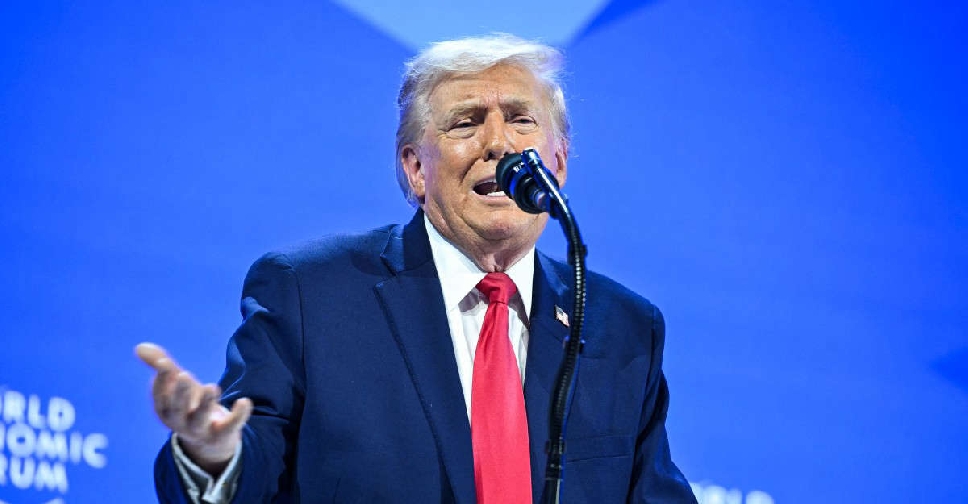 Trump says US will not use force to acquire Greenland
Trump says US will not use force to acquire Greenland
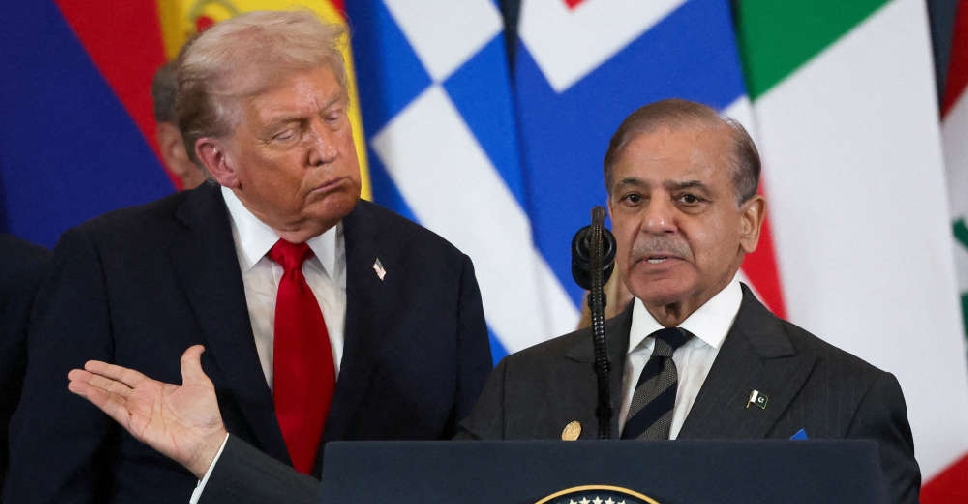 Pakistan to join 'Board of Peace' on Gaza
Pakistan to join 'Board of Peace' on Gaza
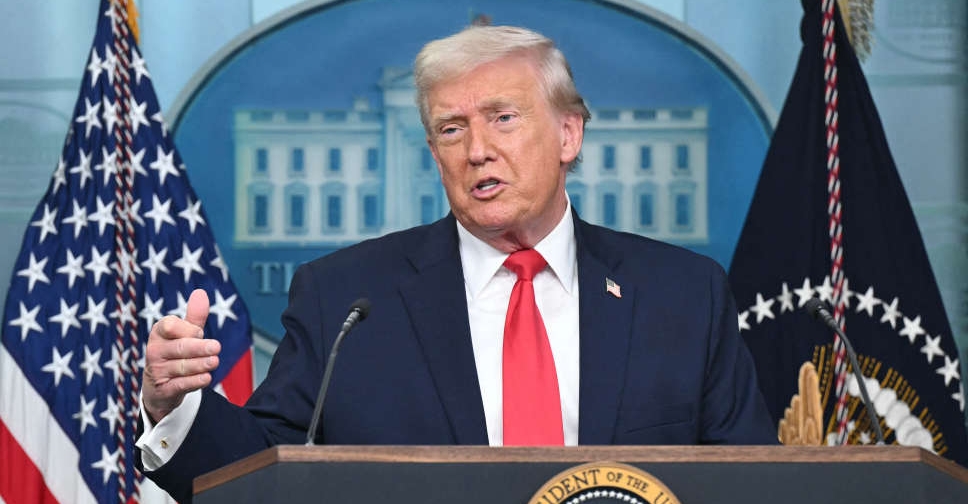 Determined to seize Greenland, Trump faces tough reception in Davos
Determined to seize Greenland, Trump faces tough reception in Davos
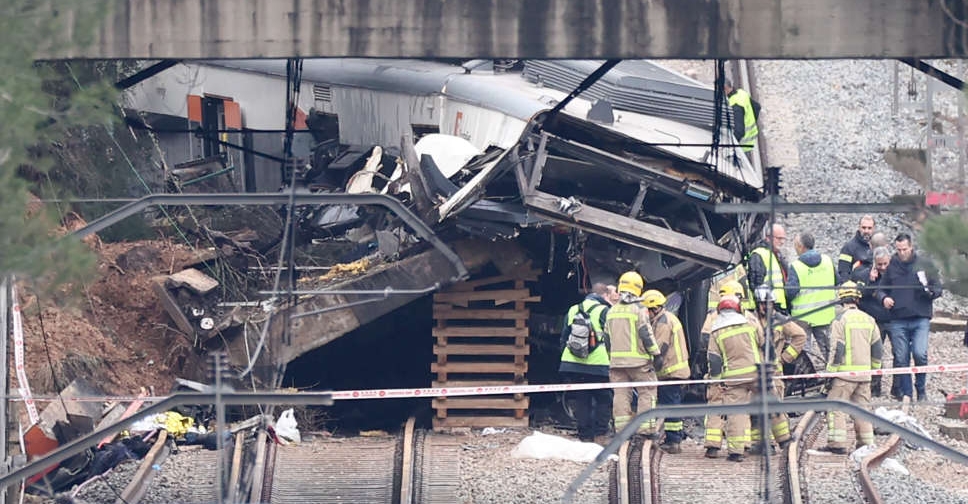 Spanish train drivers call for strike after deadly derailments
Spanish train drivers call for strike after deadly derailments
 France's Lactalis recalls baby milk batches due to toxin
France's Lactalis recalls baby milk batches due to toxin
